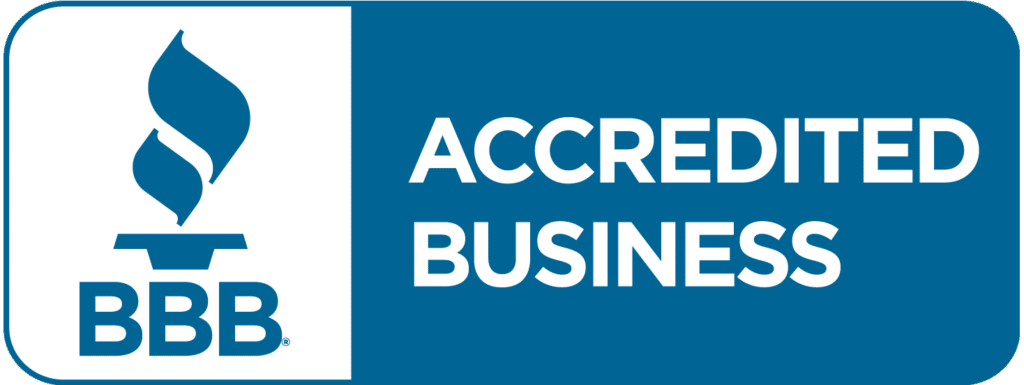Cognitive Behavioral Therapy in San Jose
How Cognitive Behavioral Therapy Works
Cognitive Behavioral Therapy Is successful in treating
Anxiety
Depression
Trauma
Add & ADHD
Bi-Polar Disorder
Sleep Disorder
OCD
Substance Abuse
Schizophrenia
Cognitive Behavioral Therapy Program and Addiction Treatment
The human mind can be troublesome, especially when it comes to thoughts. Automatic negative thoughts are often at the root of depression and anxiety disorders. Research has shown that depression and anxiety are among the most common disorders that coexist alongside addiction. Treatment facilities have found success in taking a holistic approach to treatment by addressing co-occurring disorders at their roots and treating each condition individually.
The Cognitive Behavioral Therapy program helps people understand the reasons behind their actions and how they led to substance abuse. Once you understand the truth about the motivation behind your behaviors, you will have more power over your future decisions.
Cognitive Behavioral Therapy program is a popular and engaging therapy method that offers an alternative to less hands-on methods. Many therapists incorporate cognitive-behavioral techniques into recovery plans for those suffering from addiction, since it provides mental health and physical benefits by helping to identify triggers before bad habits develop.
Cognitive Behavioral Therapy Techniques Used in Addiction Treatment
- Cognitive Reframing
- Guided Discovery
- Exposure Therapy
- Thought Records
- Stress Reduction
Silicon Valley Recovery’s professionally designed programs balance physical recovery and mental health with access to resources that help people confront their behaviors without being harshly judged or mistreated.
The skills learned through the programs at Silicon Valley Recovery will prepare you for a healthy lifestyle outside the program and equip you with the tools needed to handle cravings and minimize the chance of relapsing.
FAQs
What are cognitive behavioral therapy programs?
Cognitive Behavioral Therapy (CBT) programs are structured psychological treatments that focus on identifying and changing negative thought patterns and behaviors. These programs aim to improve emotional regulation and develop personal coping strategies. CBT is commonly used to treat a variety of mental health issues, including depression, anxiety, and stress-related disorders, by promoting healthier thinking and behavior patterns.
How do you become a certified CBT therapist?
To become a certified CBT therapist, you typically need a relevant degree in psychology or a related field, followed by specialized training in cognitive-behavioral therapy. This often includes completing a certain number of supervised clinical hours and passing a certification exam. Requirements can vary by country or certifying body, so it’s important to check specific guidelines from recognized CBT organizations.
What degree do you need for cognitive behavioral therapy?
To practice cognitive behavioral therapy, a master’s degree in psychology, counseling, social work, or a related field is typically required. Additionally, obtaining licensure as a mental health professional is necessary, which involves completing supervised clinical hours and passing a state-recognized exam. Some positions may require a doctoral degree for advanced practice or specialization.
How to become a CBT therapist?
To become a CBT therapist, start with a relevant undergraduate degree in psychology or a related field. Pursue a master’s or doctoral degree in clinical psychology, counseling, or social work. Complete specialized training in CBT through accredited programs. Gain supervised clinical experience and obtain licensure. Continuing education is essential to maintain skills and stay updated with CBT advancements.
Can I practice CBT without a degree?
Practicing CBT without a degree is generally not recommended as it requires a deep understanding of psychological principles and techniques. While some may offer informal support or guidance, professional practice typically requires formal education and certification. Engaging in CBT without proper credentials may not be ethical or effective, and it could potentially lead to harm or legal issues.
How long does it take to become a cognitive behavioral therapist?
Becoming a cognitive behavioral therapist typically requires a bachelor’s degree (4 years), a master’s degree in psychology or counseling (2-3 years), and additional supervised clinical experience (1-2 years). In total, it can take approximately 7-9 years to meet the educational and licensing requirements to practice as a cognitive behavioral therapist.









